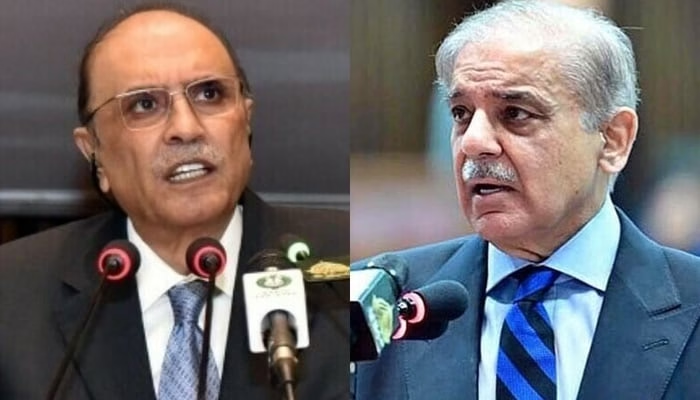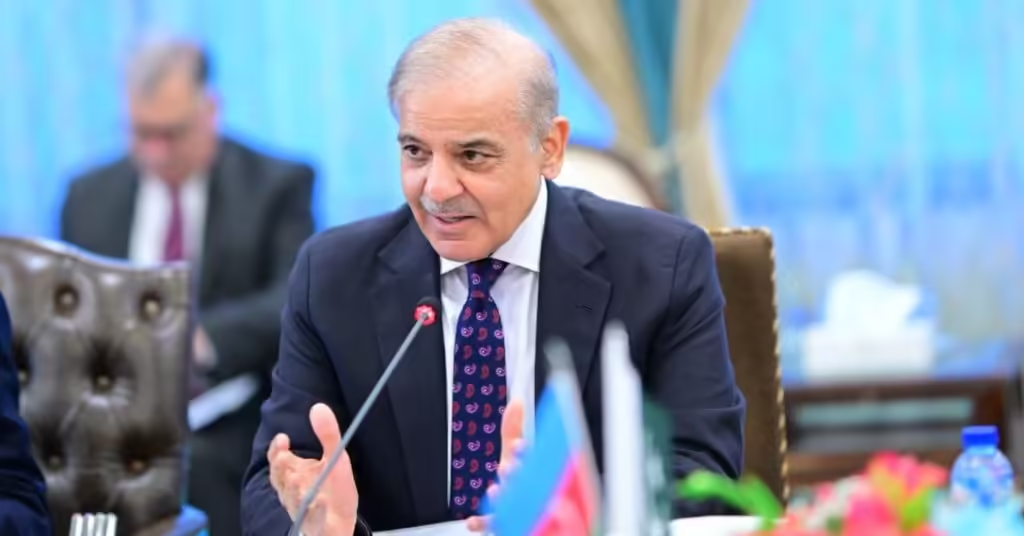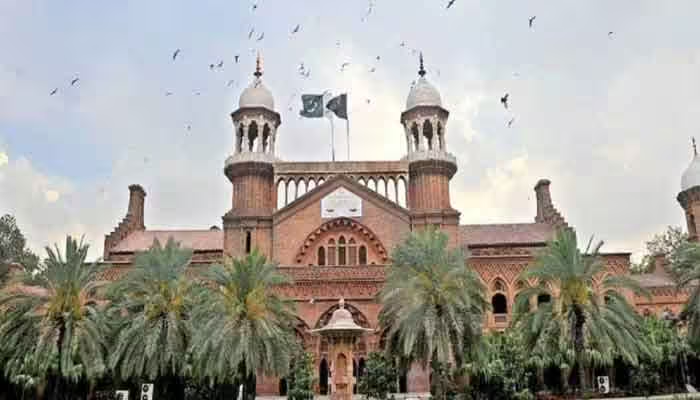A new legal controversy has shaken the Islamabad High Court (IHC) after the division bench, led by Acting Chief Justice Sarfaraz Dogar, suspended an interim order issued by Justice Babar Sattar. Despite this suspension, Justice Babar Sattar continued proceedings in the case and issued a detailed eight-page written order, raising serious questions about judicial independence and administrative interference.
Background of the Dispute
The matter started when Justice Babar Sattar had initially scheduled a case for hearing on March 26. However, despite his clear instructions, the case was not listed in his bench. Later, a division bench suspended his earlier order. Justice Babar Sattar, maintaining that his March 12 and March 26 orders were interim and not final, proceeded to hear the case and emphasized that a final verdict is yet to be delivered.
In his written remarks, Justice Babar Sattar questioned how an interim case scheduling order could be challenged and suspended when it had not been properly contested. He stated that under the Law Reforms Ordinance, an intra-court appeal is only applicable against a final decision, not an interim one.
Justice Sattar’s Serious Allegations
Justice Babar Sattar’s order criticizes the administrative handling of the case, asserting that the Chief Justice has no authority to interfere in judicial proceedings on the administrative side.
He raised critical concerns about the sudden removal of judicial orders from the Islamabad High Court’s official website. In this regard, the court asked the Deputy Registrar (IT) to disclose under whose instructions the orders were taken down, and why such a serious violation occurred.
Furthermore, the court demanded an explanation from the Deputy Registrar (Judicial) for failing to fix the case in the cause list as directed.
Summoning Court Officials for Violations
The controversy deepened when the Deputy Registrar (Judicial) appeared before the court and explained that the case was not listed due to the division bench’s suspension of the earlier order. Justice Babar Sattar pointed out that this action amounted to a prima facie violation of judicial orders, and that the Deputy Registrar (Judicial) had not properly understood or explained the difference between an interim and final order to the division bench.
In his written order, Justice Babar Sattar directed that the case must be included in the cause list for the next hearing, set for May 7. He further stated that the hearing will proceed even if the administrative staff fails to list the case.
Copies of the new order have been sent to all involved parties to ensure their participation in the next hearing.
Justice Babar Sattar also summoned the Deputy Registrar (Judicial) and the Deputy Registrar (IT) in their personal capacities to appear before the court at the next hearing, signaling that disciplinary action could be considered for their conduct.
Context of Growing Tensions
This is not the first time Justice Babar Sattar has raised concerns about administrative interference and corruption within the judicial staff. Recently, he wrote a letter to the Registrar of Islamabad High Court complaining about alleged bribery among court employees.
Moreover, responsibilities relating to legal affairs were previously withdrawn from Justice Babar Sattar and Justice Sardar Ijaz following rising tensions within the court administration.
The latest developments indicate an ongoing power struggle within the Islamabad High Court between certain judges and administrative authorities.
Division Bench’s Role
Earlier, Justice Babar Sattar had issued show-cause notices to high-ranking officials, including the Director General of Immigration and Passports and a Director of NAB, for contempt of court. The division bench headed by Acting Chief Justice Sarfaraz Dogar then intervened and suspended Justice Babar Sattar’s orders, further fueling the controversy.
Justice Sattar’s recent remarks strongly suggest he views the division bench’s move as an overreach, potentially violating the principle of judicial independence enshrined in the Constitution.
As the hearing is now fixed for May 7, all eyes are on how the Islamabad High Court handles this internal rift. The outcome could have serious implications for judicial autonomy, administrative practices, and the overall public perception of the court’s credibility.
The escalating situation highlights the urgent need for transparency, accountability, and respect for judicial procedures within Pakistan’s legal system.



